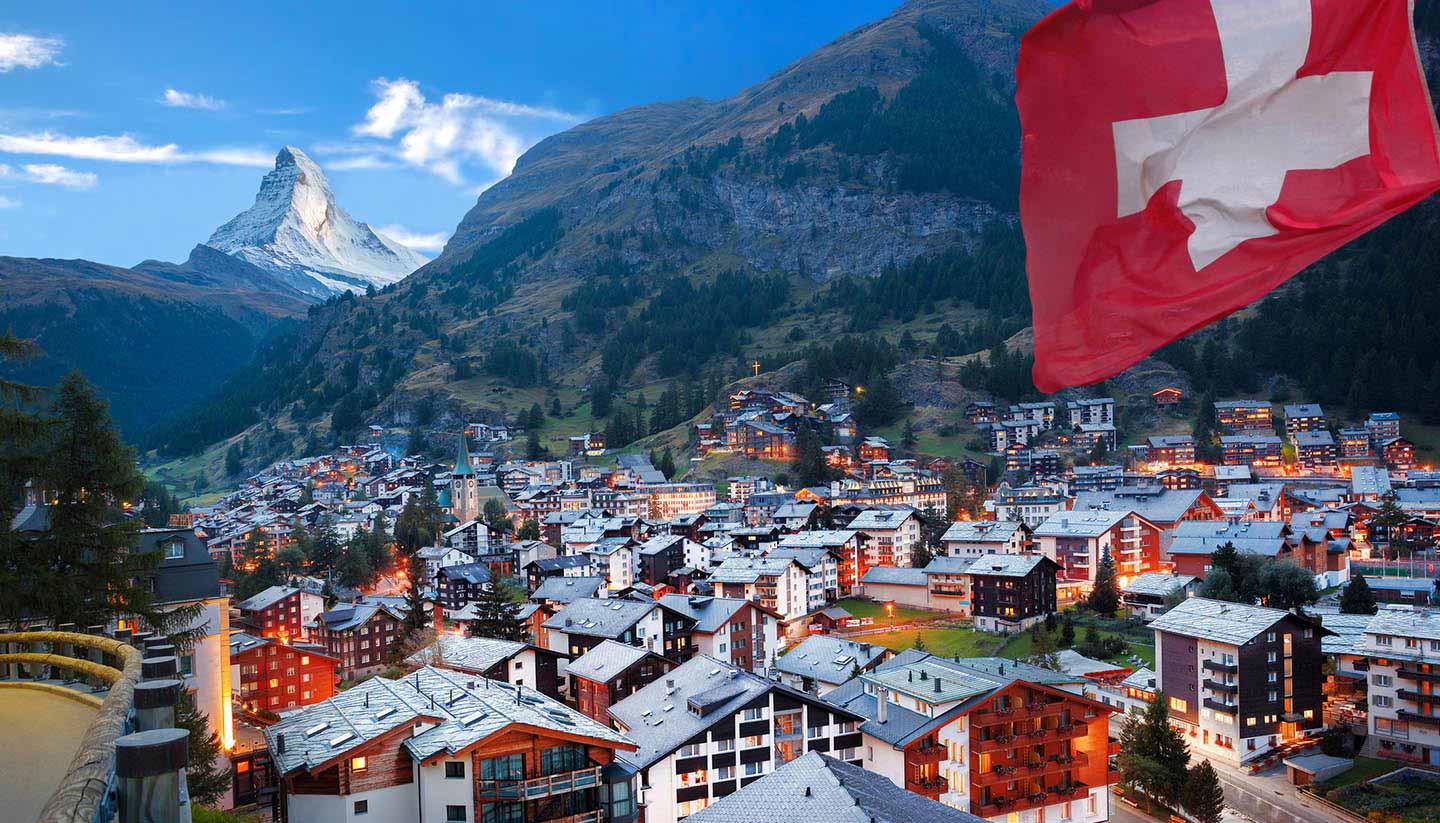Switzerland Health Care and Vaccinations
| Title | Special precautions |
|---|---|
| Yellow Fever | No |
| Typhoid | No |
| Tetanus | Yes |
| Rabies | No |
| Malaria | No |
| Hepatitis A | No |
| Diphtheria | No |
Health Care
Switzerland offers high-quality medical care and modern facilities, but it does not have a universal free healthcare system, so tourists should ensure they have comprehensive travel insurance that covers medical expenses, including emergency treatment and hospital stays.
EU visitors with a European Health Insurance Card (EHIC) can access essential healthcare at reduced costs but are still advised to have supplemental insurance.
Pharmacies are widespread and can provide advice for minor health issues, but a doctor's prescription is required for most medications. Emergency services are efficient, and the nationwide emergency number is 144.
Food and Drink
Swiss tap water is exceptionally high quality and completely safe to drink. It is common to request tap water in restaurants, but some establishments may charge a small fee for serving it.
Switzerland is known for its pristine streams and lakes, but visitors should resist the temptation to drink from them if they are near agricultural or populated areas. When in doubt, use a portable water filter or purifying tablets. Always check local advice if you're hiking or exploring specific regions.



